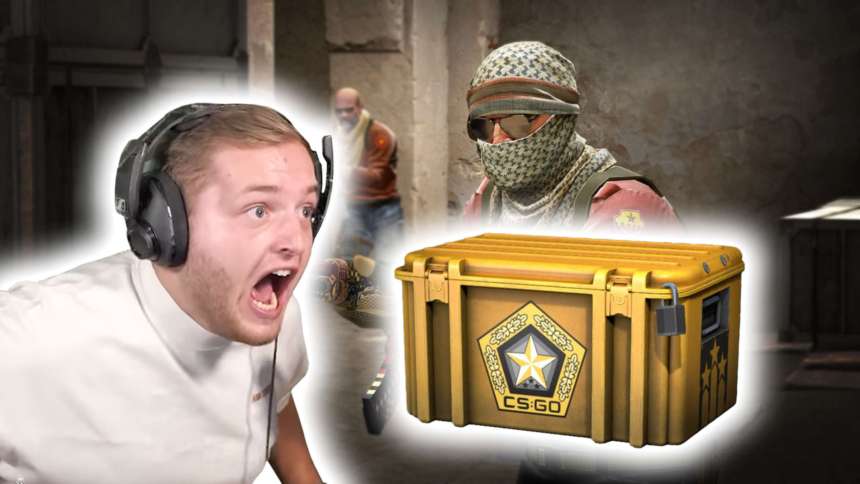- “Counter-Strike” loot boxes generated nearly $1 billion in 2023 revenue.
- Loot boxes face criticism for promoting underage gambling.
- With gaming booming, pressure is on for more safeguards even as revenues balloon.
Nearly $1B Profits!
The popular online shooter game “Counter-Strike” brought in almost $1 billion last year solely from randomized loot boxes containing cosmetic items, according to data from tracker CS2 Case Tracker.
This figure excludes related in-game purchases made through Steam or other store bundles.
While lucrative for game publishers, loot boxes have faced ongoing criticism for promoting underage gambling. Players buy digital boxes without knowing the items inside, sparking addiction and spending concerns.
.jpeg)
Regulatory responses
In 2020, a UK parliamentary report recommended regulating loot boxes under national gambling legislation, given research on youth gambling links.
Still, concrete action has been limited as laws catch up to gaming innovations.
The UK government convened an industry working group last July to establish loot box protection principles, including restricting underage purchases.

Pressure and interest
Additionally, the Entertainment Software Ratings Board now denotes randomized purchases in its video game ratings.
But with “Counter-Strike” loot boxes alone generating nearly $1 billion annually, the pressure is on for more guardrails.
As gaming explodes in popularity, regulators continue wrestling with how to balance business interests with user safeguards.









